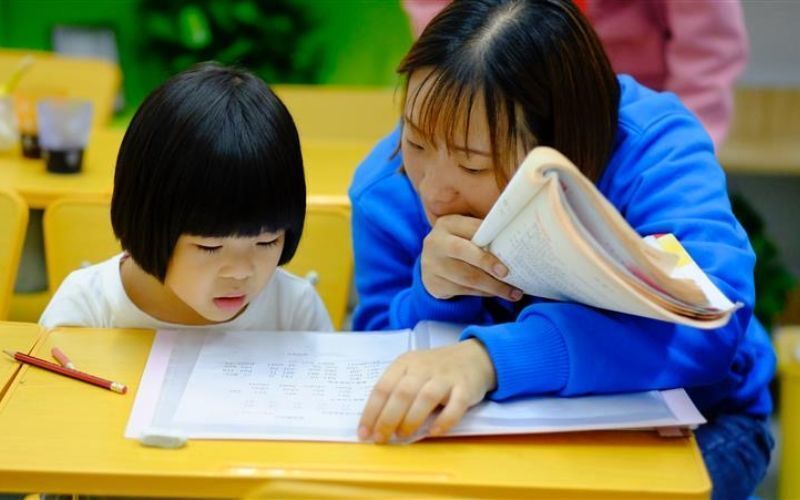Photo by Jerry Wang on Unsplash
The average person can contribute to positive change in education within their own region in several ways:
- Stay informed: Educate yourself about the challenges and opportunities in your region's education system. Stay updated on education policies, initiatives, and discussions by following relevant news, research, and local education organizations. Understanding the context will help you identify areas where you can make a difference.
- Engage with local schools and educators: Get involved with local schools and educators as a parent, volunteer, or community member. Attend parent-teacher meetings, participate in school events, and offer your skills or resources to support teachers and students. Collaborate with educators to understand their needs and work together to address challenges.
- Advocate for change: Use your voice to advocate for education issues that you care about. Write letters or emails to local education authorities, policymakers, and elected representatives to express your concerns and opinions. Join or support grassroots organizations and campaigns focused on improving education in your region.
- Support students directly: Offer mentorship, tutoring, or scholarship opportunities to students in your community. Share your knowledge and expertise with young learners by conducting workshops or giving guest lectures. Providing individual support and guidance can make a significant impact on students' educational journeys.
- Promote parental involvement: Encourage and support parental involvement in education. Advocate for the importance of parent-teacher partnerships and the engagement of families in their children's education. Help create opportunities for parent education workshops, dialogue sessions, or community events that promote a stronger connection between families and schools.
- Bridge the digital divide: In regions where access to technology and the internet is limited, explore ways to bridge the digital divide. This could involve supporting initiatives that provide technology resources to schools, advocating for improved internet infrastructure, or helping secure donations or funding for digital devices.
- Promote lifelong learning: Emphasize the value of lifelong learning within your community. Encourage adults to pursue their own educational goals and support initiatives that provide adult education opportunities. Organize or participate in community learning programs, workshops, or discussion groups to foster a culture of continuous learning.
- Collaborate with community organizations: Partner with local community organizations, nonprofits, or businesses that are focused on education. Collaborate on initiatives that support educational equity, literacy, or other relevant goals. Pool resources, share expertise, and work together to make a collective impact.
It is important to note that even small actions can create ripples of change. By actively engaging with the education system, advocating for improvement, and supporting students and educators, the average person can contribute to positive change in education within their own region.

